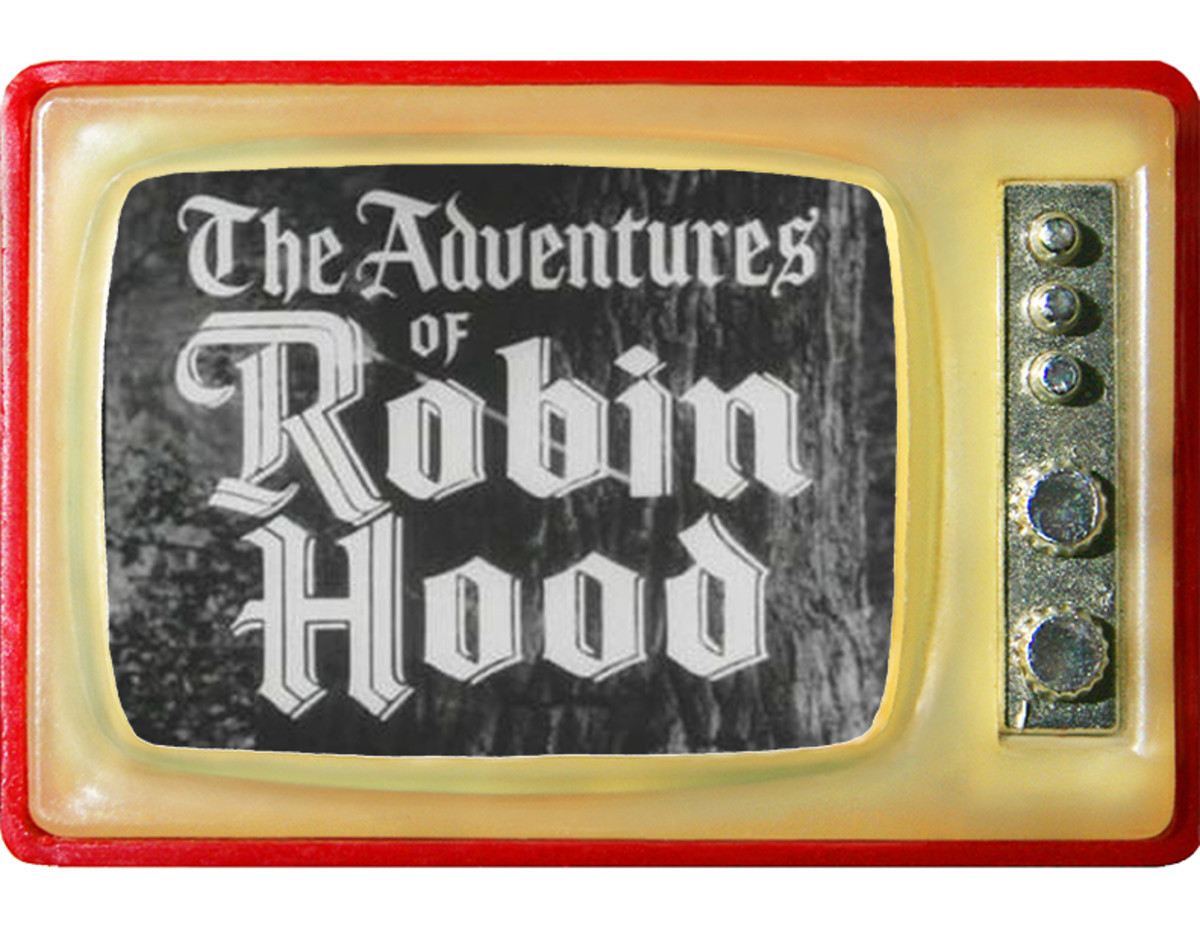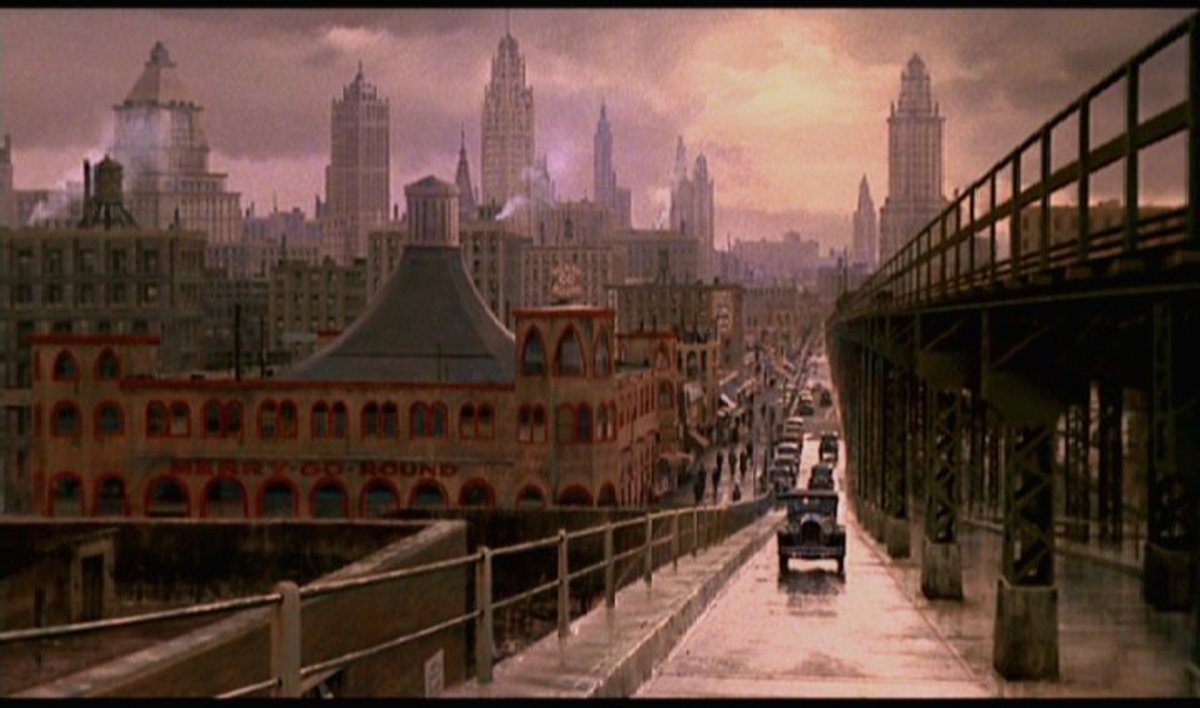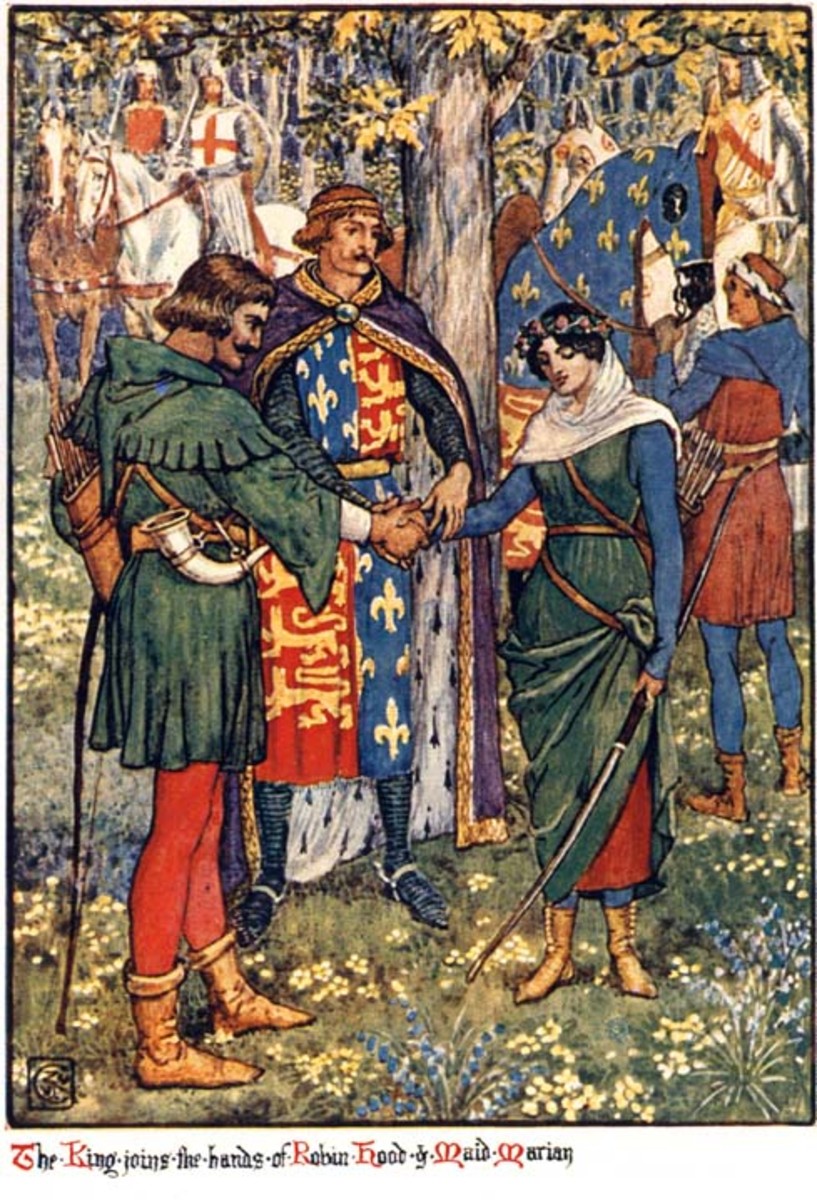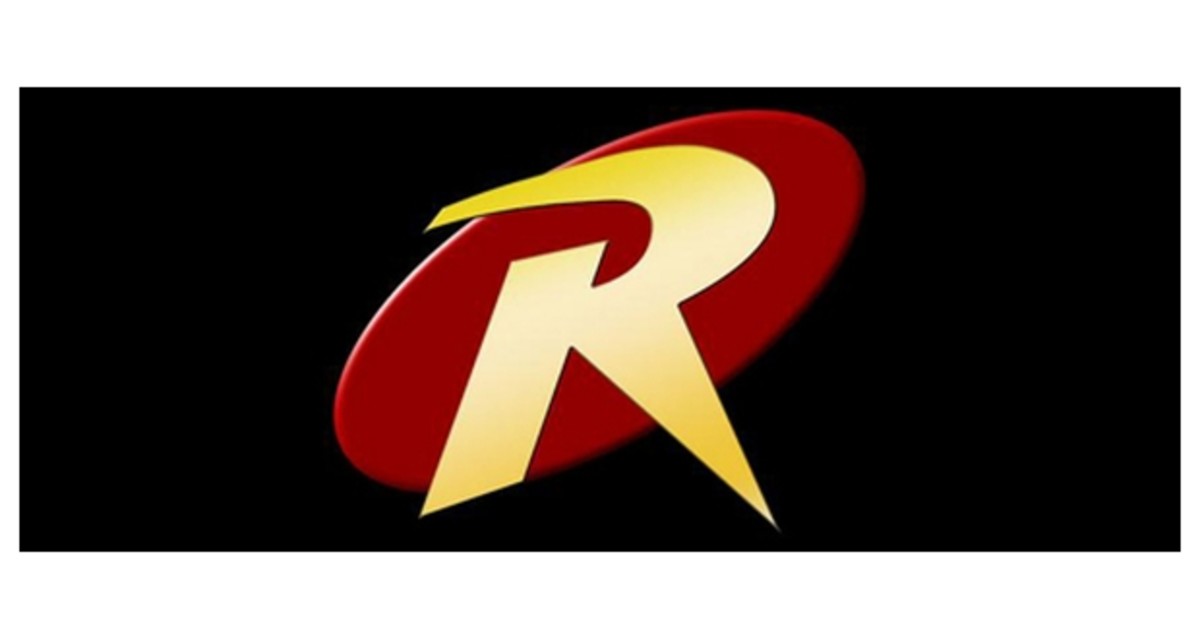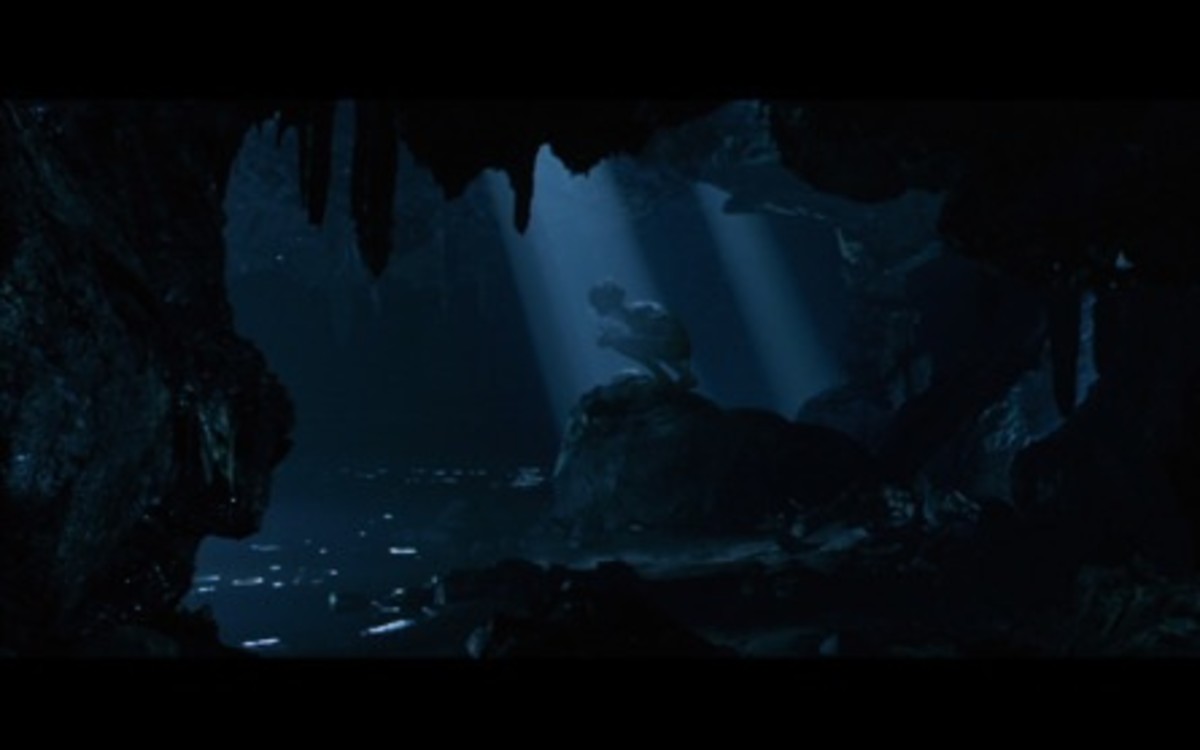Robin Hood & Captain Nemo
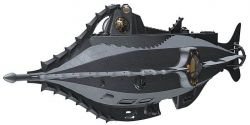
The same character, different settings
These are both heroes that I admired when I was young. I don't remember what version of Robin Hood I read, because there are a number of them available. I read both Robin Hood and 20,000 Leagues Under the Sea, ten times for each. It was rare for me to read any book more than twice.
I identified heavily with each of these characters, because in so many ways, they reminded me of myself. I grew up under some highly adverse circumstances. I tended toward being an introvert, and most of the kids in my classes used me as a verbal punching bag. I had few friends. Most people simply weren't interested. I also worked very hard at learning anything and everything, and as an adult, I have tried to become a Renaissance woman.
I saw in each character a maverick, someone who valued true justice and who tried, through their own efforts, to establish justice in their area. When you think about it, the characters are actually very similar.
Some people think Robin Hood is an allegory that supports government taxation and redistribution, but I see the opposite. The Sheriff of Nottingham WAS government, and he was taking money from the rightful owners for self-enrichment. Robin Hood sought to restore the money to its rightful owners.
Eventually, I bought 20,000 Leagues Under the Sea in French, and someday I will read it.
Drawing of the Nautilus by Gnu and Creative Commons License by Wiki Fred.
Robin Hood
The basic premise of the Robin Hood story was of a group of men who lived in the forest. They took the king's deer for their food, which was, of course, illegal at the time. But they frequently sought to take money from the Sheriff of Nottingham and return it to the people he plundered. The men lived a free life in the forest, and their social interactions were recorded in detail. I admired Robin Hood for being self sufficient and highly skilled at what he did. My memory of the book is somewhat more cloudy than of the other book, however. He had a beloved, Maid Marian. In the end, Robin Hood met an untimely end.
The fact that Robin Hood was willing to stand up for what he believed in and fight for it struck a deep chord within my heart.
Captain Nemo
Captain Nemo was the designer of a highly advanced submarine for his day, which he named the Nautilus. He built it, gathered a crew, and sailed (underwater of course, without sails) all over the world. His crew would plunder those who had plundered others. The reader eventually finds out that Captain Nemo was a national of India who had been treated poorly as a child, and who had suffered many deprivations and hardships through human cruelty.
Nemo was a universal genius, a Renaissance man. He not only knew engineering, but he spoke different languages, was thoroughly familiar with the denizens of the sea, and built and maintained his own pipe organ, aboard his submarine, on which, among other things, he played Bach. As a lifelong lover of organ music, who eventually began to play organ myself, I especially admired this trait.
The thing that I didn't like about Nemo, and hoped never to emulate, was the fact that the victims of violence that he chose were often arbitrary and were often brutally murdered.
Many nations sought to kill him or bring him to justice, none successfully. He always eluded them, both because he had a submarine and they didn't, and because he had a secret hiding place where he could hole up until things got more quiet.
The Mysterious Island
sequel
In this book, Nemo's secret hiding place is revealed. It is an island, location unknown, with a lagoon formed by volcanic action. There was an underground passage that allowed the submarine access to the interior, but the mountains of the island were so steep nobody else could get in. In any case, it wouldn't have mattered, because no nation knew of this island at all.
I didn't enjoy this book as much as 20,000 Leagues Under the Sea.
Jules Verne
French science fiction writer
While I have no idea where the original Robin Hood story came from, the author of both 20,000 Leagues Under the Sea and The Mysterious Island was Jules Verne, a very early French science fiction author. The only other science fiction author of his time that I can recall was H.G. Wells.
Verne also wrote:
A Journey to the Center of the Earth
Around the World in Eighty Days
From the Earth to the Moon and Round the Moon
The rocket used to go to the moon was nowhere near well enough developed to make the journey successfully, but it was interesting to read about it anyway. The journey around the world was done in a hot air balloon.
In spite of having read these other books, 20,000 Leagues remains my favorite.
Additional information
More information on the books and their writers.
- Jules Verne
A relatively extensive biographical article about Jules Verne, who was a fascinating person. - Robin Hood
Some of the history of this legend, and how it developed.
Poll: which books have you read?
Feel free to comment on any of the books.


